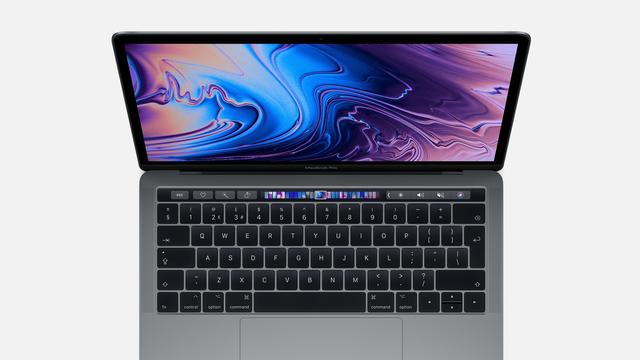
Face ID is a very useful feature to quickly and securely unlock your iPhone or iPad with your face. This is not yet possible on a MacBook, but that can change. Evidence was found that the next version of macOS will support Face ID.
The website 9to5Mac reports that Macs may start to support facial recognition. It was discovered that within macOS Big Sur, the next major update for your Mac that will be released in the fall of 2020, refers to Face ID as we know it on the iPhone and iPad.
PearlCamera
9to5Mac explains that it found a new extension in the third beta of Big Sur that refers to a support for PearlCamera. This is a code name from Apple for the TrueDepth camera and Face ID. The website delved deeper into the extension and found several codes referring to FaceDetect and BioCapture. This could indicate that some form of Face ID is being implemented in the MacBook’s operating system. A patent surfaced a few months ago, which would also show that future Macs will receive Face ID.
Although there were indications that MacBooks may support facial recognition, the question of course remains whether Face ID will ever actually be introduced in macOS. If that is the case, it may take a while before the first MacBooks appear that can actually use the facial recognition function.

Now Touch ID
MacBook users now have to make do with a fingerprint sensor (Touch ID) to unlock their device, and the iMac has to do without biometric verification at all. Many of them will probably welcome the support for Face ID with open arms. The technology offers the option to unlock a MacBook quickly, efficiently and securely, without the user having to do anything (apart from simply looking at the screen).
Privacy
Users who mask their camera for privacy reasons will probably be less eager for the option. Masking your camera and still using Face ID: that doesn’t work.
Incidentally, Apple does not recommend masking the camera with, for example, a piece of tape, because the screen can then be damaged when the MacBook is closed. According to Apple, there is too little space between the screen and the keyboard. Covering your camera also covers the ambient light sensor, interfering with functions like brightness and True Tone, Apple warns.
.